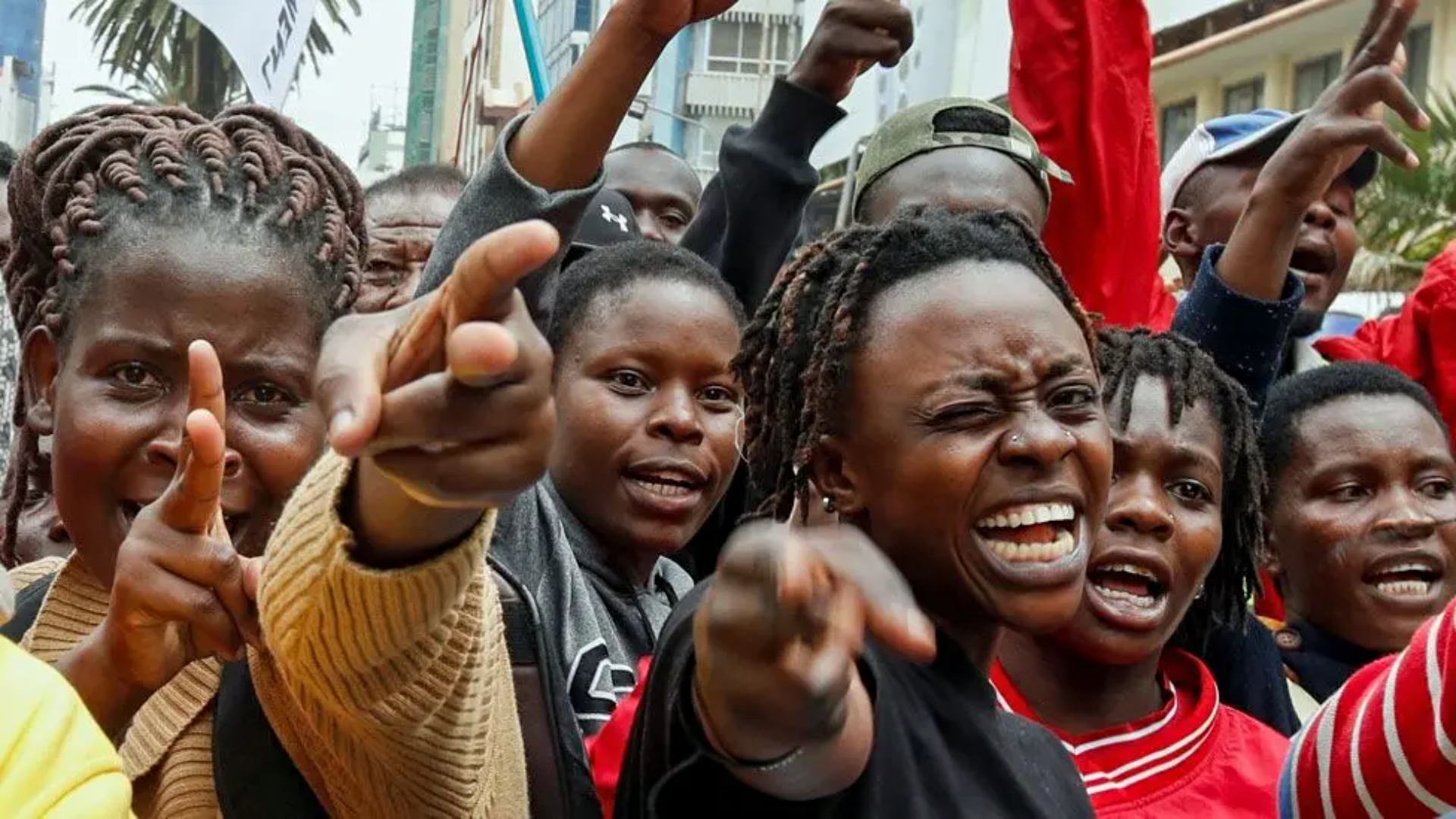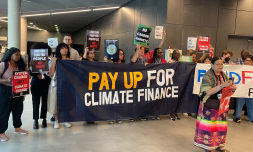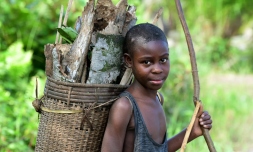In an age where African presidents outlive their mandates and ballots rarely reflect public will, a restless generation is rising. Gen Z, Africa’s most populous and connected demographic, is sick of the broken voting systems that have long been rigged to favor political dinosaurs.
Now, these digital natives are organizing, educating, and agitating to fix the continent’s democratic crisis. The question isn’t whether Africa’s voting system is broken, it’s how much longer it can survive Gen Z’s wrath. From Uganda to Cameroon, the mean age of the president is over 70. The average age of a citizen? Under 25. It is a staggering divide that lays bare the generation gap across Africa’s political landscape.
Yoweri Museveni, 80, has ruled Uganda since 1986, long before most of his country’s youth were born. He’s been in power for nearly 40 years, winning elections consistently tainted by vote-rigging, violence and internet blackouts.
Paul Biya, 92, has governed Cameroon since 1982. He’s the world’s oldest president and rarely makes public appearances. Cameroonians joke that he’s ruling via ghost protocol. In 2023, Emmerson Mnangagwa, aged 82 and the successor of the deceased Robert Mugabe, was re-elected as Zimbabwean president in what many observers regarded as an unjust election.
The young opposition supporters were repressed, arrested, and terrorized within the same year.
The Gen Z Resistance
Unlike their predecessors, Gen Z Africans are carving bold new paths both online and offline. Bobi Wine, the musician opposition leader, inspired the youthful Ugandan electorate during the elections of 2021. Many were arrested and tortured during this time.
In recent years, youth have been carving out spaces for policy dialogue and civic education through digital platforms of X (formerly Twitter), TikTok, and Spaces. Even when the government shuts the Internet down during election period, various hashtags are used to publicly condemn the government. Wine’s People Power movement was created and supported by young people and faced brutal crackdowns. Yet the movement planted the seed.
In Zimbabwe, the ruling party, ZANU-PF, has mastered a number of ways to politically survive, latching onto opposition movements and using institutions as weaponized entities. Yet, youth-led platforms have flipped the script, using Instagram Lives and Facebook and WhatsApp groups to educate young voters.
Despite the 2023 election’s flaws, over 60% of registered voters were under 35. It’s a silent protest, a refusal to be erased from the ballot.
Cameroon’s youth face perhaps the steepest climb. Paul Biya’s regime has crushed dissent for decades. Yet, digital warriors persist. The ‘Biya Must Go’ movement, popular among young Cameroonians on TikTok, continues to grow. In the Anglophone regions, youth-led civil society groups like Stand Up For Cameroon and The Cameroon Youth Alliance are trying to hold civic education forums, often under heavy police surveillance.
Across the continent, Gen Z is embracing civic tech to clean up broken systems. Nigeria’s ‘FixPolitics’ and ‘YIAGA Africa’ use data dashboards and voter mobilization tools to track election results and engage young voters.
In Kenya, youth-led movements like Pawa254 have launched mobile tools for anonymous whistleblowing during elections. South Africa’s ‘Outa’ and ‘My Vote Counts’ are educating first-time voters via meme campaigns and gamified voter quizzes. Many of these platforms are funded by Gen Z coders and activists tired of watching power recycled among corrupt elites.





















